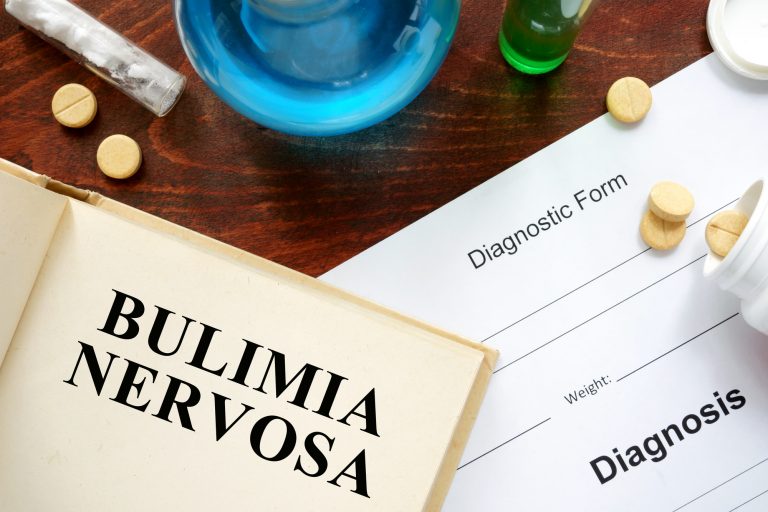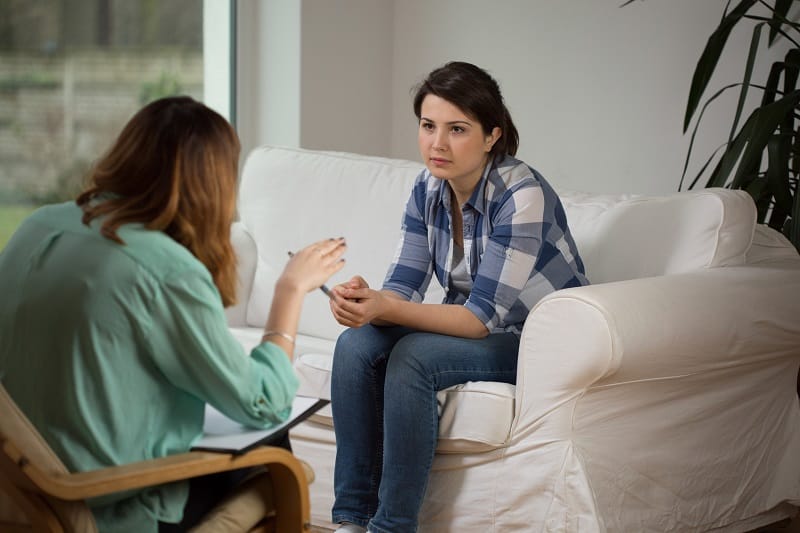
Loving yourself is a mantra that you will find in almost every self-help book and column out there. You need to love yourself in order to be happy or confident, or to find love. Loving yourself, however, is often one of the most difficult things we can do, particularly because it is a catchall term for so much: you need to love your body, your personality, your accomplishments, and who you are at your core. You need to love every facet of yourself, or else you run the risk of hurting another part.
Being unhappy with one aspect of your life can result in you trying to control another to compensate. This could lead to eating disorders like anorexia or bulimia. When your mental health issues develop into an eating disorder, you need to stop struggling and start getting help.
ADVERTISEMENT
Be familiar with eating disorders and their warning signs
If you have always had a problematic relationship with food or with your body, you owe it to yourself to know the eating disorders and their warning signs. It is always easier to overcome these disorders at the beginning. The sooner, the better, especially when it comes to seeking out professional help that will help you redirect your unhealthy coping mechanisms to healthier alternatives.
Some examples of signs to watch out for include:
1. The physical actions of eating disorders (purging, restricting, overeating).
2. How you feel when you take these actions
3. Obsessiveness with exercise as a means to lose weight
4. Mood changes
5. Low self-esteem
6. Persistent fear of weight gain
7. A connection of worth to your physical appearance that is unhealthy
There are so many more signs, but just recognizing one or two can be useful in getting the help that you need.
ADVERTISEMENT

Stop struggling alone, get treatment
Eating disorders are very difficult to handle on your own because they are associated with two serious issues. One is your mental health. The second? Addiction. The act of overeating, restricting, or purging can feel as addictive as any drug. Combine these with underlying mental health complications, and you have the perfect storm.
You do not and should not have to go through this alone. That is why there are professional treatment and rehabilitation care centers. There are unique bulimia nervosa treatment centers as well as treatments for anorexia, binge-eating, and so much more. These treatments are trifold. They help address your mental health, your eating disorder, and your coping mechanisms.

Make Changes
In-patient treatment can kickstart your recovery, but your journey is far from over. You need to really assess who you have in your life and cut out the people who are toxic. These toxic individuals are more often than not a stressor – if not cause itself – for eating disorders. That parent that is always obsessed with your weight, that friend who puts so much emphasis on appearance and criticizes you every time you see them – they are unhealthy.
Take what you have learned from your treatment center and use the support and advice of your support group to build a life that is supportive and healthy.

You may still relapse, but with supportive friends and family who know what to watch out for by your side, you can get right back on track.
ADVERTISEMENT
ADVERTISEMENT











